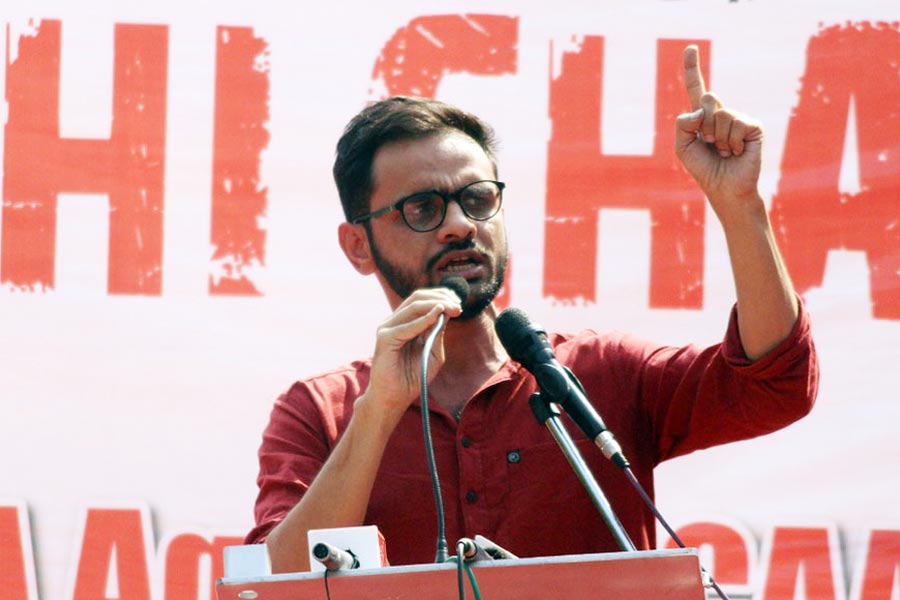.jpg)
New Delhi: The Centre may soon bring a note before the GST Council seeking to nationalise the Goods and Services Tax Network (GSTN), which currently functions as a private company - going against the grain of NDA's ideology that advocates lesser government control of businesses.
The move is partly motivated by data security concerns, which have rattled the government after the Facebook leaks. Top companies whose sensitive sales figures are processed through the GSTN network have quietly asked the government to plug possible data leaks and do security audit to ensure their sensitive information does not fall prey to rivals' eyes.
Currently, 48.48 lakh firms, starting from big names such as Reliance and the Tatas to small shopkeepers, have enrolled on the GSTN portal, with their sales and tax data processed through the GSTN.
Strong lobbying
A strident campaign by BJP maverick Subramanian Swamy backed by Opposition MPs has embarrassed the government. Swamy has gone to the extent of terming the GSTN a "shady organisation", while speaking in a parliamentary debate.
Earlier, the government had opened up the GSTN to audit by the CAG after Swamy had written to the Prime Minister to take "a close second look" and do a "thorough scrutiny" of the tech network.
The GSTN, developed by Infosys, was registered as a Chapter 8, non-profit company with 51 per cent shareholding in the hands of private parties such as ICICI and HDFC. Its main job is to provide a technological backbone for the collection of taxes and filing of returns in the new indirect tax regime.
The shareholding has the central government and states together holding 24.5 per cent stakes each. HDFC and HDFC Bank jointly hold 20 per cent and ICICI Bank, tarnished by a CBI probe, another 10 per cent. NSE Strategic Investment holds 10 per cent and LIC Housing Finance the remainder 11 per cent.
Top finance ministry officials said they could ask the private sector equity holders to sell out. "They would actually be quite glad as they do not make money out of this investment," said officials.
The idea behind making GSTN a private company was to ensure it did not have to go through the multiple checks that a state-run firm or an arm of the government endures.
However, there were always strong opposition to the move within the government.
Sumit Dutt Majumder, who retired in 2011 as the chairman of the Central Board of Excise and Customs, the organisation responsible for collecting the GST, had opposed the GSTN being turned into a private entity and sought to keep it as an arm of the government.
The objections stemmed from concerns over data security and the possibility of leaks of tax and corporate data.
After Majumder's retirement, the CBEC's objections were overturned in favour of the GSTN as a private entity.
The BJP-led NDA government endorsed the earlier decision and finance minister Arun Jaitley in the first few years of his tenure put his weight behind privately-run GSTN.
However, the new data security concerns seem to have prompted the minister to ask officials to see if the firm could be nationalised.
Data security analysts as well as financial experts feel that more than changing the ownership of the GSTN company, the government needs to beef up data security.
"It's a big deal for corporates. For example, if invoicing details which are filed as part of GSTN, get disclosed, a firm's cost structure can be leaked to a rival. This would be disastrous for any company," pointed out S.K. Sarkar, a chartered accountant and an office-bearer of the Indo-American Chamber of Commerce.
India ranks 23rd among 165 countries on Global Cybersecurity Index (GCI), which has been released by the International Telecommunication Union (ITU) - the telecommunications agency of the United Nations (UN).
Recent leaks of data from the Aadhar network have also shaken up the government as well as cyber security experts.

.jpg)








